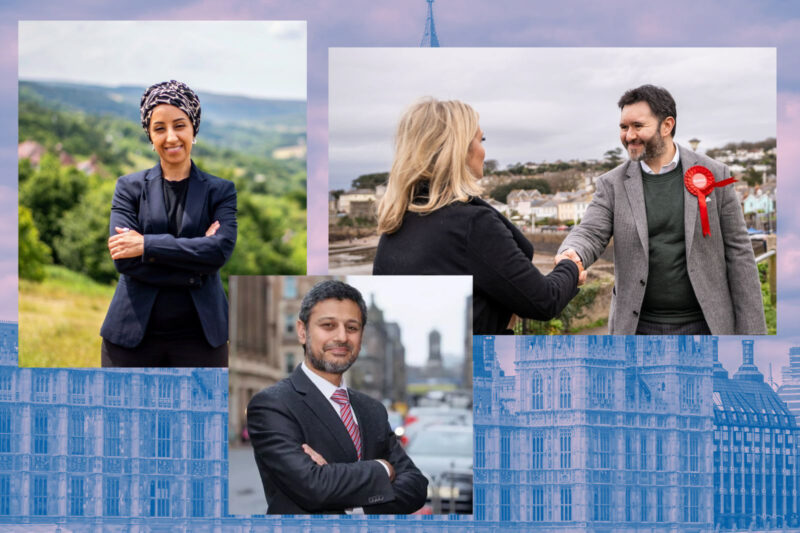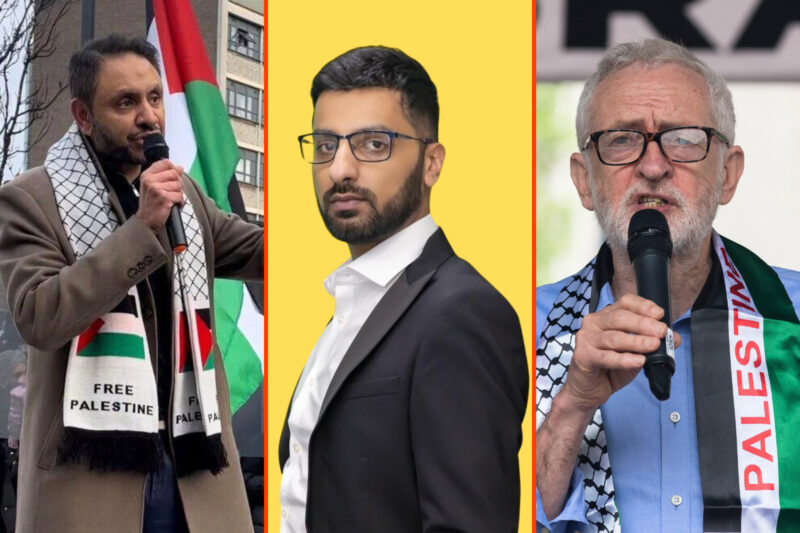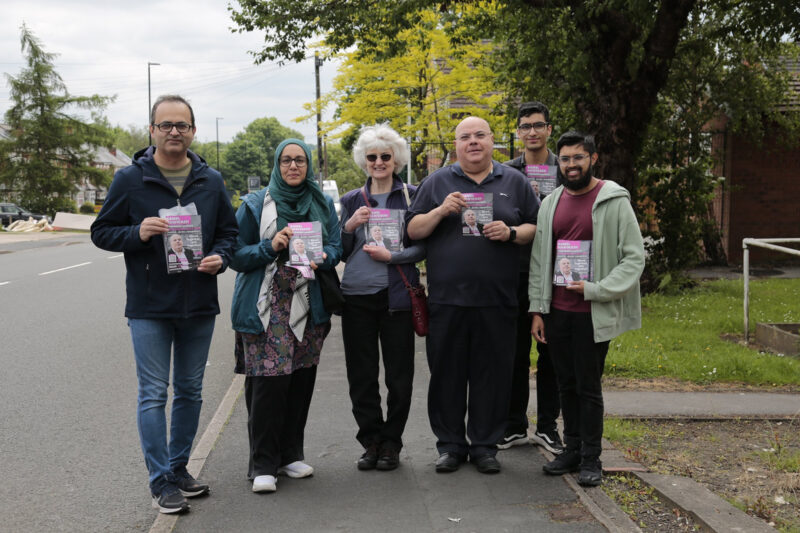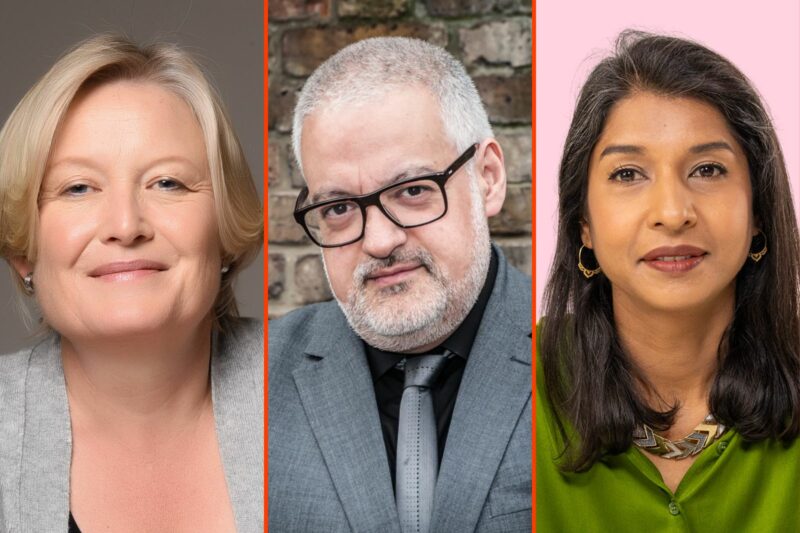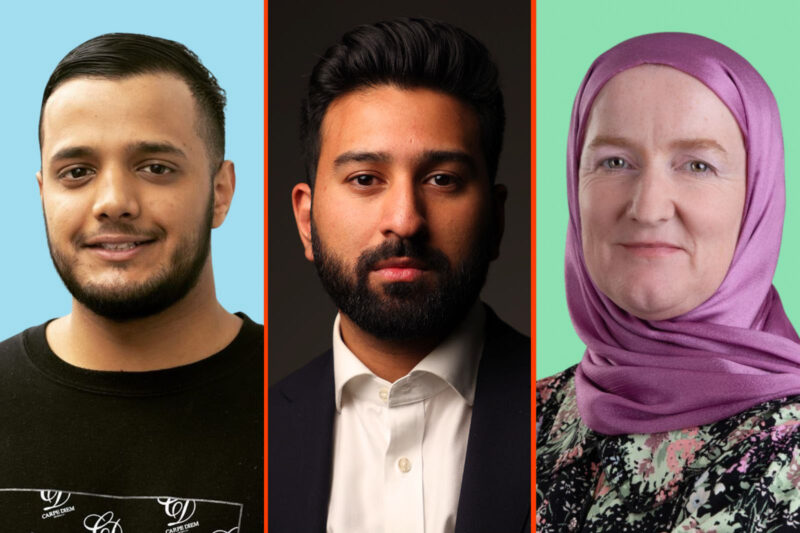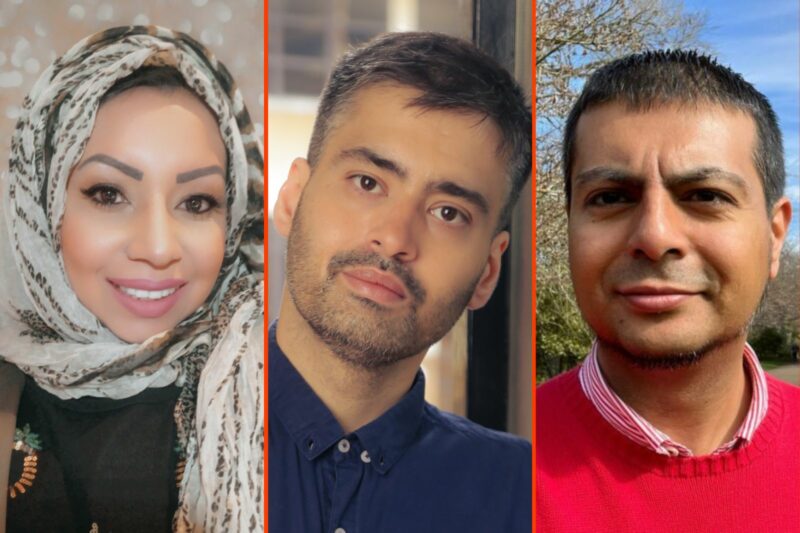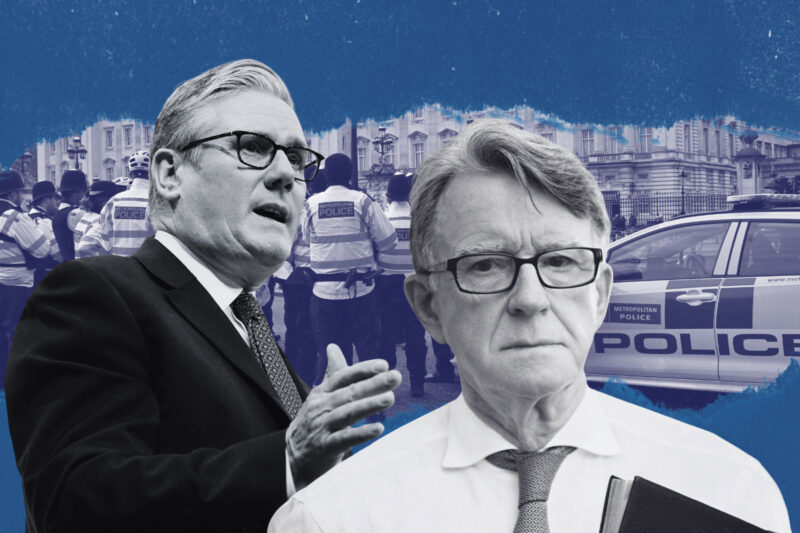A year on from 7 October, British Muslims and Jews alike are grieving and alienated
Muslim and Jewish communities in Britain both feel the trauma of a year of conflict. But politically, their experiences are very different
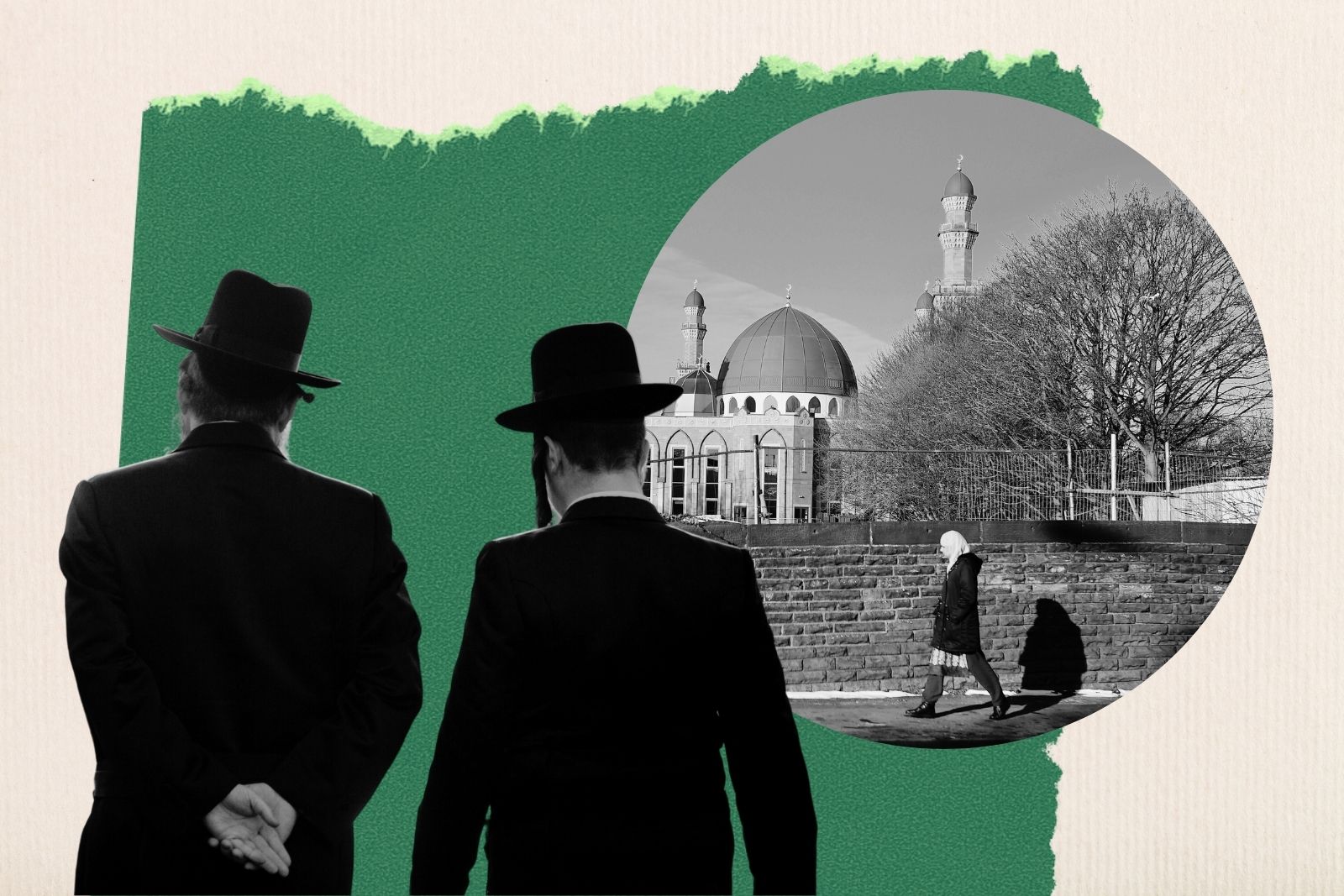
Monday marked a year since the Hamas attack on Israel and the commencement of Israel’s bombing campaign in Gaza, which has dominated the news agenda around the world.
I spent 7 October 2024 beside my colleague Sam Holder in the ITV News studio delivering a special report. For the previous week, each of us had travelled around the country speaking to members of our respective communities — Sam, who is Jewish, reporting on the British Jewish community, and I on the British Muslim community — before coming together to share our understanding of how both groups are feeling after a devastating 12 months.
Sam’s piece noted that some British Jews had relatives among the 1,200 people killed or taken hostage on 7 October. For many, the attack had a deeply personal impact that went beyond politics.
But other parts of his report really struck a chord with me, too. In one, Sam spoke to British Jews who are fearful of walking around the UK wearing religious clothing or being identifiably Jewish because of the spike in antisemitic incidents.
This is incredibly upsetting to hear — and so relatable. British Muslims have long been worried about hate crimes, especially after the recent riots. Muslim women have been concerned about walking around in a hijab, and recent statistics released by Tell Mama show a big spike in anti-Muslim hatred.
At another point in Sam’s report, we heard from a British Jewish mother who said she was constantly having to answer for decisions made by the Israeli government.
“I feel like I’ve always got to have this really nuanced political, considerate response to anything that ever happens for Jewish people and Israel and I’m literally just a mum trying to live my life,” she said.
How many times have I said something similar? It is the classic complaint we have all raised over the years about having to answer for the actions of terrorists and extremists, repeatedly saying it has nothing to do with us — that we are just trying to live our normal lives here in the UK.
There is, as is often the case, plenty that unites these communities. But our experience of the conflict has been different, particularly when it comes to politics — my area of expertise. July’s general election was an eye-opener. Despite winning a huge majority, Labour failed to hang on to seats it had thought were safe, and came close to losing some big figures in the parliamentary party largely because of the Muslim vote. The anger and frustration that many felt towards Labour remains, and the different Muslim groups around the country that I spoke to still feel the government is not doing enough.
Nasir Rafiq works in the charity sector in the West Midlands, but in his spare time is essentially a “community leader”. That rather vague term is thrown around a lot, but the time I have spent with Rafiq makes me think he is one of the few worthy of the platitude. As he took me from mosque to mosque, telling anecdotes about various projects in which he had been involved around Birmingham, everyone seemed to know him.
Rafiq told me he believed the last year had caused a permanent change in the UK’s political landscape. “There was a general disillusionment against politicians,” he told me of Muslim communities in Birmingham. “But when the Gaza issue happened, that changed everything.” Nasir believes it broke the perception that mainstream parties are the only option in the voting booth for British Muslims, and he believes this change could very well be here to stay.
Privately, several Labour MPs tell me of worries that the newly elected independent MPs will be able to pull focus as, without a party whip, they are free to be more vocal than their counterparts on the Labour benches. Behind closed doors, they believe Labour politicians have already managed to influence government policy on the Middle East, with the recent suspension of some arms sales to Israel being suggested as evidence of this, but that the independents may get the credit simply by being more outspoken.Either way, the sense of frustration and sadness among British Muslim communities remains. While many have taken to the streets to protest regularly throughout the course of the year, changed lifelong habits to participate in the boycott, or gone to the ballot box to make their voice heard, that underlying feeling of helplessness is still there. With no end to the conflict in sight, I suspect that is going to remain.
Shehab Khan is an award-winning presenter and political correspondent for ITV News
 Newsletter
Newsletter


